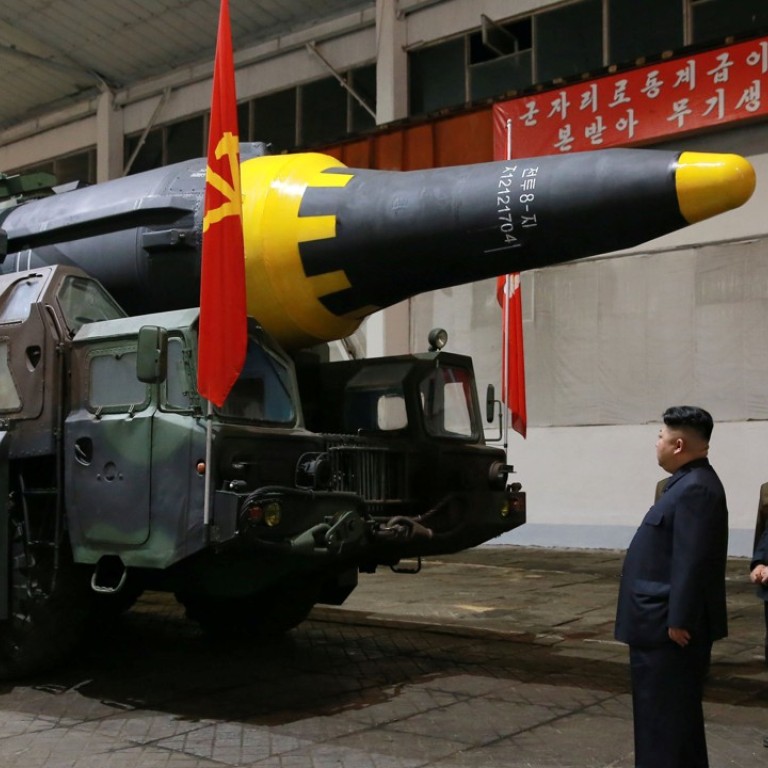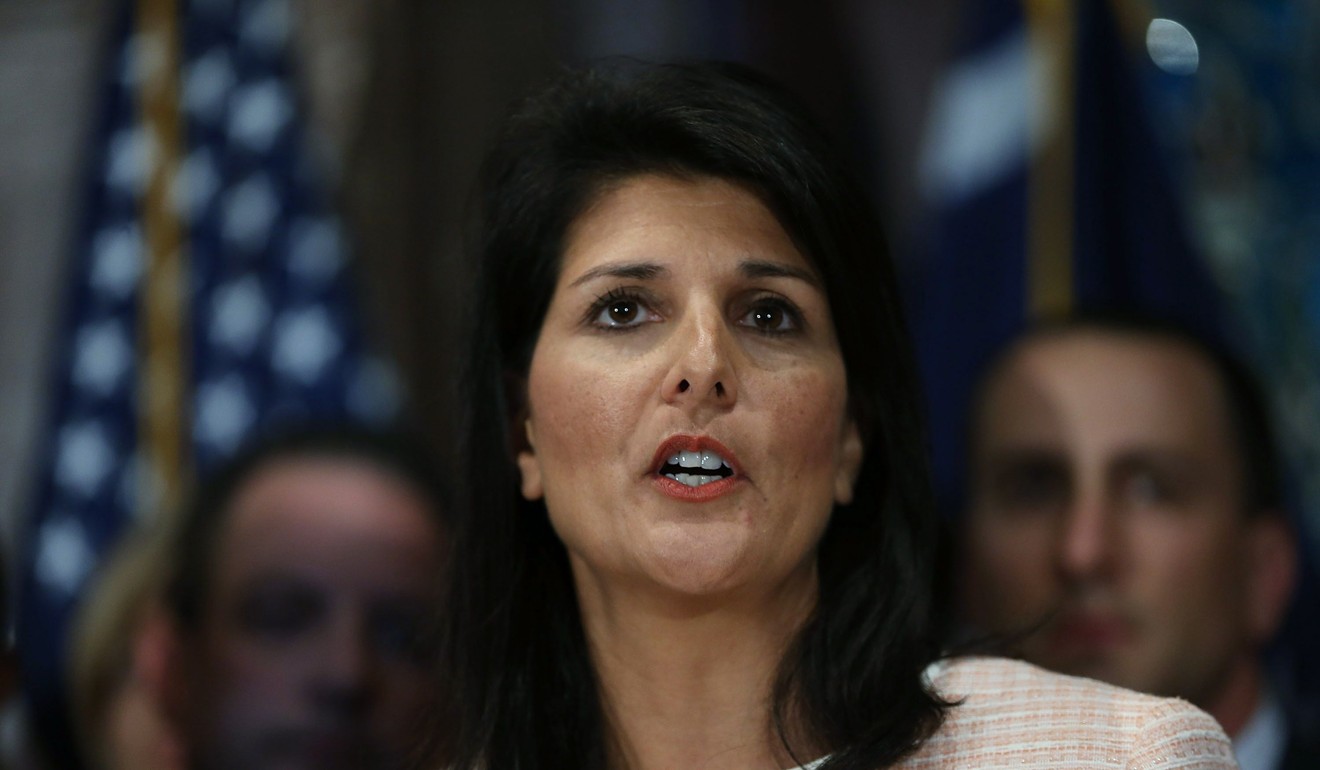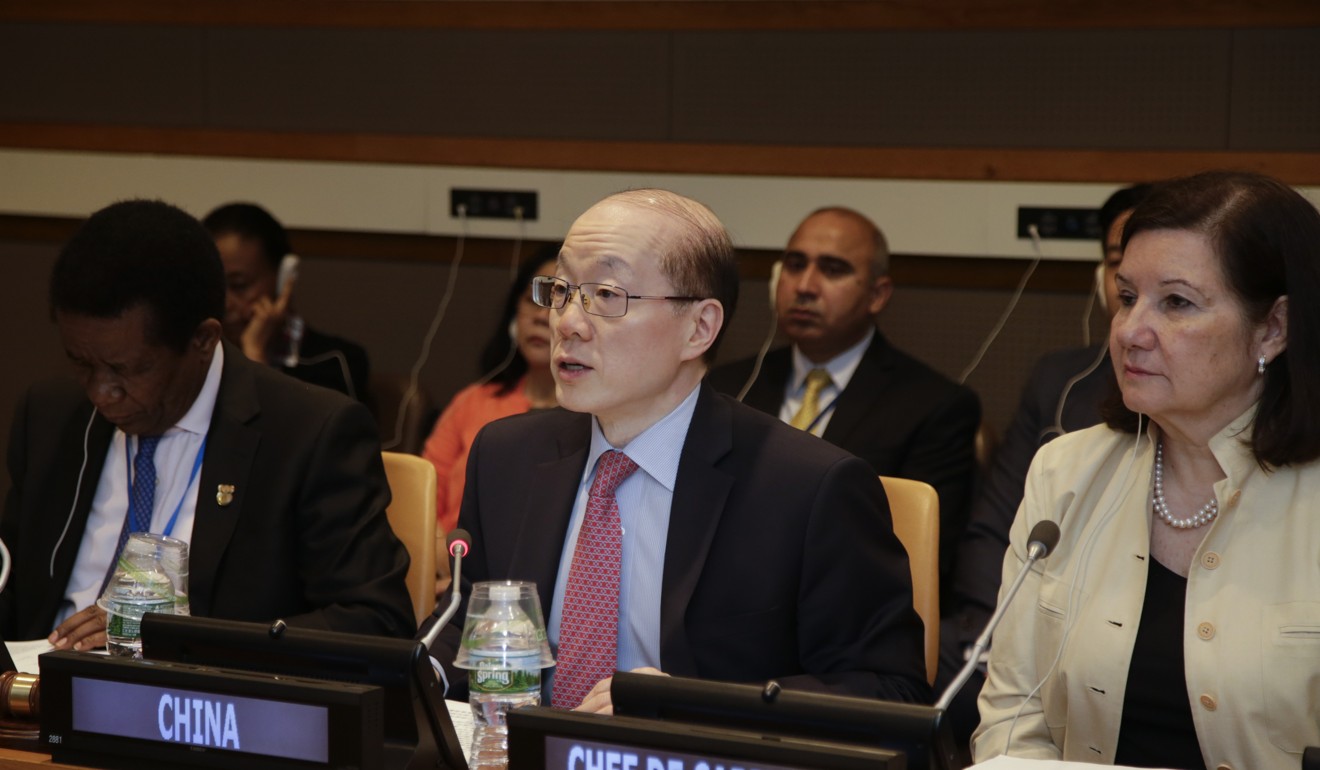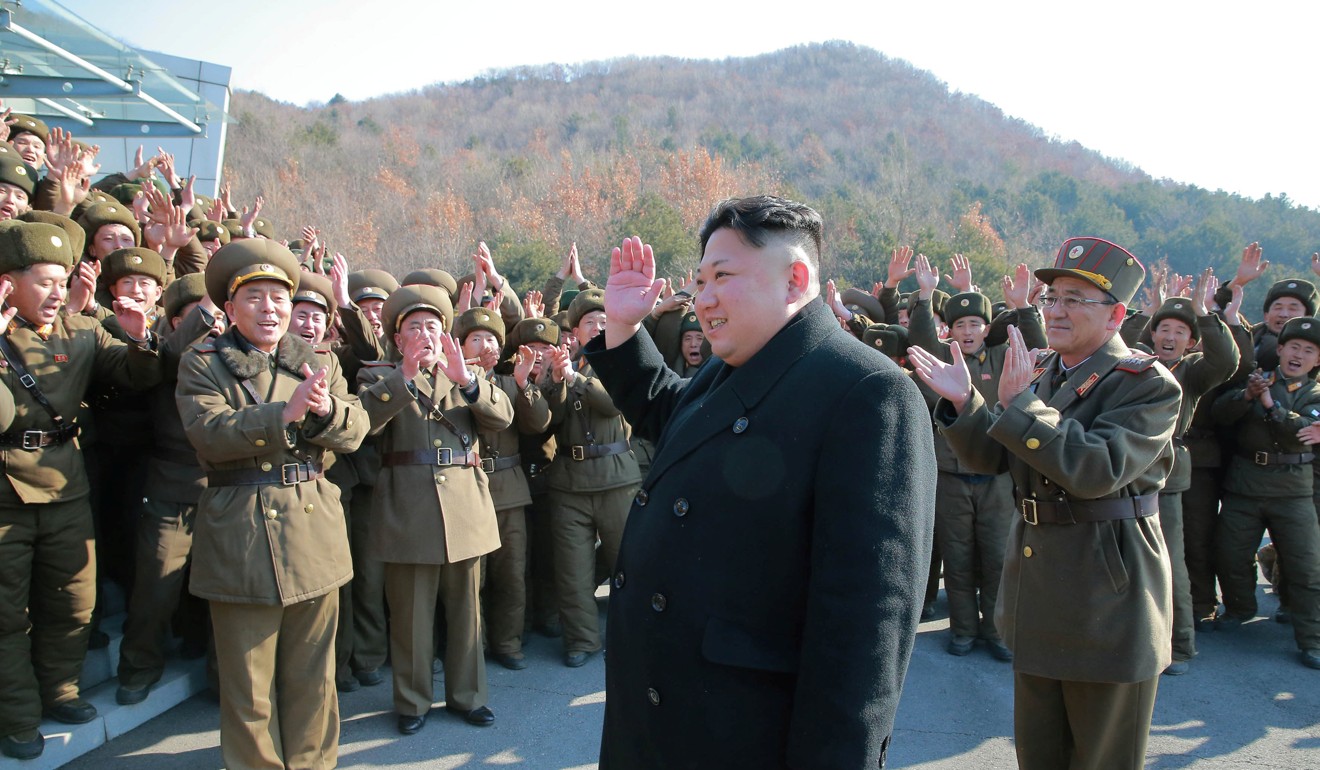
UN punishes North Korea in first China-US sanctions deal under Trump
The move bars 14 more officials from travelling to UN member states and an additional 4 companies from doing business
The United Nations Security Council voted unanimously to expand sanctions against North Korea in retaliation for its recent ballistic missile tests by blacklisting additional companies and individuals.
The resolution was the first by the United States and Pyongyang’s only major ally China since US President Donald Trump took office.
The resolution adds 14 North Korean government officials to the list of those already prohibited from travelling to UN member states as per a resolution passed by the Security Council in 2006. The move also prohibits four more companies, including Koryo Bank and Kangbong Trading Corp, from conducting transactions with UN member-state entities.

“North Korea’s provocative and illegal missile launches are a direct threat to the security of numerous countries, including my own,” said US Ambassador to the UN Nikki Haley. “Each North Korean rocket has the potential to hit an airplane or ship, which threatens civilian lives.”
“China opposes North Korea’s continued missile launch activity,” China’s UN Ambassador Liu Jieyi said after the vote.
“Today’s Security Council resolution demonstrates the will of the international community to stop North Korea’s development of nuclear weapons.”

The Security Council’s resolutions are meant to stop Pyongyang’s nuclear detonations and missile tests, a programme diplomats and analysts say is meant to develop nuclear weapons. The body has issued a series of resolutions since 2006, after six-nation talks involving North Korea, China, the US, Japan, South Korea and Russia broke down.
Kangbong, a subsidiary of North Korea’s military, trades products including metal, coal and software, a business which “may benefit the Government of the DPRK or the Worker’s Party of Korea”, according to documents shared among Security Council members ahead of the vote. DPRK stands for Democratic People’s Republic of Korea, the country’s official name.
Korea Kumsan Trading Corp, another company added to sanctions, “is owned or controlled by, or acting or purporting to act for or on behalf of, directly or indirectly, the General Bureau of Atomic Energy”, according to the documents.

China’s Liu repeated an appeal for a return to the six-party talks from which North Korea formally withdrew in 2009.
Security Council veto power Russia backed the U.N. measures on Friday. Moscow’s support had been unclear after the United States imposed its own sanctions on Thursday on Russian firms for their support of North Korea’s weapons programmes.
“This step is something that is very puzzling and deeply disappointing,” Deputy Russian U.N. Ambassador Vladimir Safronkov said of the U.S. sanctions amid battered US-Russia relations.
Meanwhile, Haley warned that the US has not ruled out military action in the face of threatening activity by North Korea.
“Beyond diplomatic and financial consequences, the United States remains prepared to counteract North Korean aggression through other means if necessary,” Haley said.
“The United States is fully committed to defending ourselves and our allies against North Korean aggression.”
North Korea conducted its most recent missile test on May 29, firing a short-range ballistic missile that landed in the sea off its east coast. That launch followed two successful tests of medium- and long-range missiles in as many weeks by Pyongyang.
Prior to Monday’s missile test, Liu resisted calls for further tightening of sanctions against North Korea, saying last week that more dialogue was necessary.
Additional reporting by Reuters

